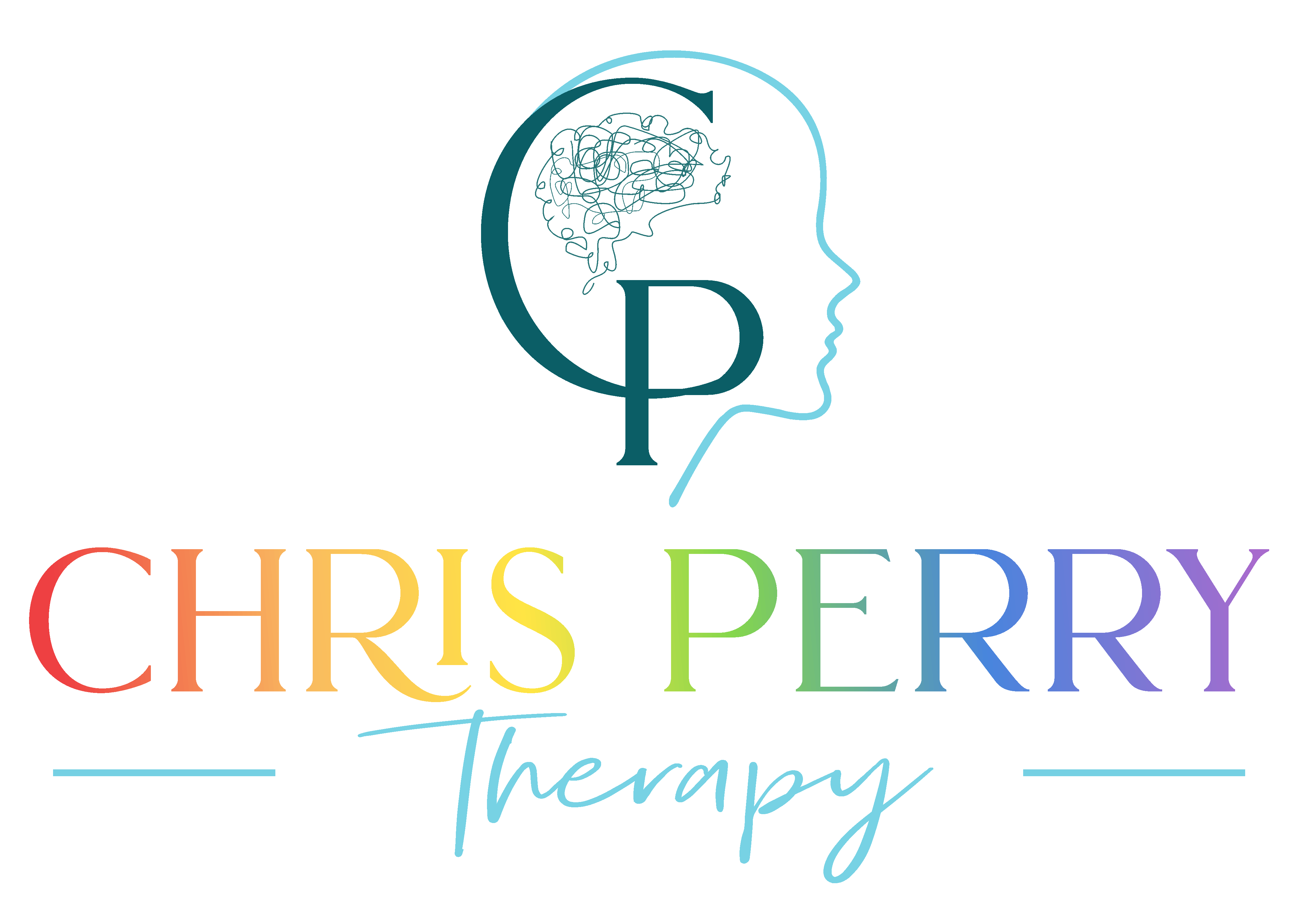Many people experience trauma in their lifetime in some form. This can look like a car accident, abuse or neglect, sexual assault, the sudden death of a loved one, a violent criminal act, exposure to the violence of war, or a natural disaster – to name a few examples. Trauma looks different for everyone. Trauma is a normal, psycho-biological response to the horrific. It impacts our psyches and spirits.
While many people can recover from trauma over time with the love and support of family and friends and bounce back with resiliency, others may discover effects of lasting trauma, which can cause a person to live with deep emotional pain, fear, confusion, or posttraumatic stress far after the event has passed.
In these circumstances, the support, guidance and assistance of a therapist is fundamental to healing from trauma.
Trauma Symptoms
There are four broad categories of symptoms listed in the DSM-5
Avoidance Symptoms
Avoiding specific locations, sights, situations, and sounds that serve as reminders of the event
Anxiety, depression, numbness, or guilt
Re-experiencing Symptoms
Intrusive thoughts, nightmares or flashbacks
Hyperarousal Symptoms
Anger, irritability and hypervigilance
Aggressive, reckless behavior, including self-harm
Sleep disturbances
Negative Mood and Cognition Symptoms
Loss of interest in activities that were once considered enjoyable
Difficulty remembering details of the distressing event
Change in habits or behavior since the trauma
Research has proven psychotherapy to be the most effective form of treatment for trauma. I employ a wide base of skills and interventions to put you onto the path of healing.
If you or someone you know match the trauma symptoms listed above, I am confident that I can help and invite you to contact me today for a free consultation.


